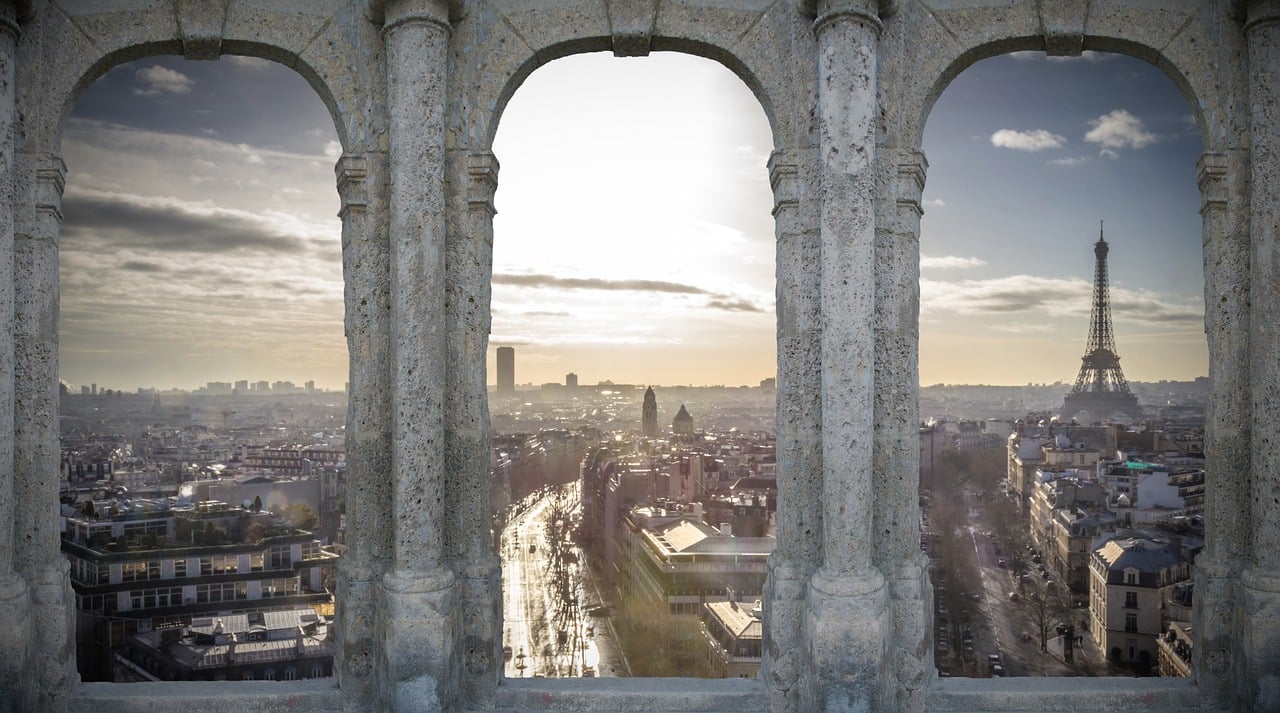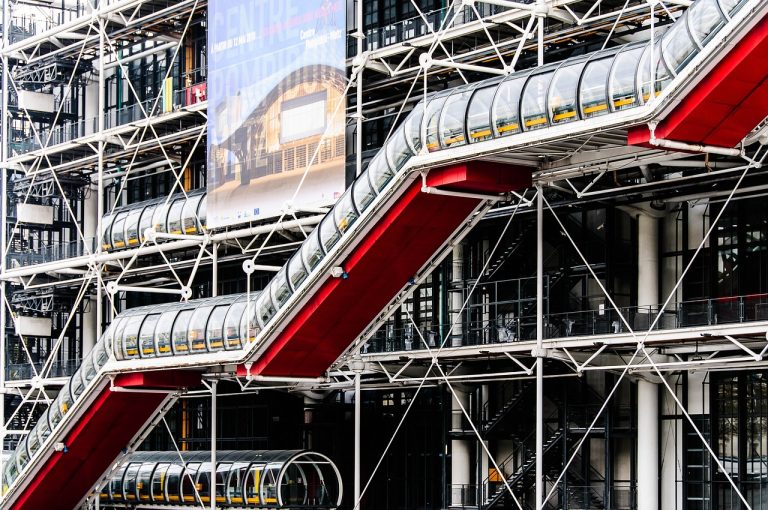Paris France Video
Renting a Car in Paris France: Tips and Tricks
Paris, the capital city of France, is a vibrant and bustling metropolis with a rich cultural heritage and iconic landmarks. Renting a car in Paris can be a convenient and efficient way to explore the city and its surrounding areas at your own pace. However, there are certain tips and tricks that can help you make the most of your car rental experience in Paris. In this article, we will provide you with valuable information and insights to ensure a smooth and enjoyable car rental journey in the City of Lights.
Choosing the Right Car Rental Agency
- Reputation: Consider renting from well-established and reputable car rental agencies such as Hertz, Avis, or Europcar, which have a strong presence in Paris and offer reliable service.
- Location: Select a car rental agency with convenient pick-up and drop-off locations, such as at major airports or train stations, to save time and avoid unnecessary hassle.
- Online Reviews: Read online reviews and ratings from previous customers to get an idea of the agency’s customer service, vehicle quality, and overall satisfaction levels.
- Price Comparison: Compare prices across different car rental agencies to find the best deal that suits your budget and requirements.
- Add-Ons and Insurance: Check if the agency offers additional services like GPS navigation systems, child seats, or insurance coverage for peace of mind during your rental period.
Driving Laws and Regulations in Paris
- Driving License: Ensure that you have a valid driver’s license from your home country or an International Driving Permit (IDP) if required.
- Traffic Rules: Familiarize yourself with the local traffic rules and regulations in Paris, including speed limits, parking restrictions, and right-of-way rules.
- Priority to the Right: Remember that in certain situations, vehicles coming from the right have priority unless otherwise indicated by road signs.
- Environmental Zones: Be aware of the Crit’Air system, which classifies vehicles based on their environmental impact. Make sure your rental car meets the necessary requirements to enter restricted environmental zones.
- Drunk Driving: The legal blood alcohol content limit in France is 0.5 grams per liter of blood. It is strictly prohibited to drink and drive.
Paris France Image 1: 
Booking Your Rental Car
- Advance Booking: It is advisable to book your rental car in advance, especially during peak travel seasons, to secure the vehicle of your choice and potentially benefit from early booking discounts.
- Vehicle Size: Consider the size of the car based on your travel needs and the number of passengers. Parisian streets can be narrow, so opting for a compact or mid-size car can make maneuvering easier.
- Transmission Type: Choose a transmission type (manual or automatic) that you are comfortable with, keeping in mind that manual transmissions are more common in Europe.
- Duration and Mileage: Check the rental agreement for any mileage restrictions or additional charges for exceeding a certain distance. Also, confirm the rental duration and any penalties for late returns.
- Payment and Deposit: Understand the payment terms and deposit requirements of the car rental agency. Ensure you have a valid credit card and sufficient funds to cover the deposit.
Paris France Image 2: 
Pick-Up and Return Process
- Documentation: Bring all necessary documents, including your driver’s license, passport, and reservation details, to the car rental counter for a smooth pick-up process.
- Vehicle Inspection: Thoroughly inspect the rental car for any existing damages and ensure that they are documented in the rental agreement to avoid any disputes later on.
- Navigation and Instructions: Familiarize yourself with the car’s navigation system and ask for specific instructions on operating the vehicle, especially if it has any unique features.
- Return Condition: Return the rental car in the same condition as you received it. Clean the interior, remove any personal belongings, and refill the fuel tank to the required level.
- Return Time: Be mindful of the return time to avoid additional charges. Some agencies offer a grace period, but exceeding it may result in extra fees.
Driving and Parking in Paris
- Traffic Congestion: Be prepared for heavy traffic in central Paris, especially during peak hours. Consider using public transportation or planning your routes in advance to avoid unnecessary delays.
- Parking: Parking spaces in Paris can be limited and expensive. Look for public parking garages or consider booking a hotel with parking facilities if you plan to stay overnight.
- Parking Regulations: Familiarize yourself with the parking regulations in Paris, including designated parking zones, payment methods, and time restrictions.
- Alternative Transportation: Explore alternative transportation options such as the efficient public transportation system, including buses, metro, and trains, which can be more convenient and cost-effective in the city center.
- Bicycle and Pedestrian Safety: Stay vigilant and respect the rights of cyclists and pedestrians while driving in Paris. They have designated lanes and crossings, and it is important to share the road responsibly.
Paris France Image 3: 
Exploring Beyond Paris
- Day Trips: Take advantage of your rental car to explore the beautiful countryside and nearby attractions, such as the Palace of Versailles or the charming village of Giverny.
- Toll Roads: Some highways in France have tolls. Familiarize yourself with the toll payment methods and keep some cash or a credit card handy for the toll booths.
- GPS Navigation: Consider renting a GPS navigation system or use a reliable navigation app on your smartphone to make your road trips outside of Paris more enjoyable and stress-free.
- Local Etiquette: Respect local customs and etiquette while visiting smaller towns and villages. Be mindful of speed limits, parking regulations, and noise restrictions.
- Scenic Routes: Research and plan scenic routes to make the most of your road trip experience. France offers picturesque landscapes and charming villages that are worth exploring.
Emergency Situations and Contacts
- Emergency Numbers: Save important contact numbers, including the local emergency services (dial 112), the car rental agency’s helpline, and your travel insurance provider.
- Breakdown Assistance: Check if your car rental agency provides 24/7 breakdown assistance. Keep their contact details handy in case you encounter any mechanical issues.
- Accident Procedures: In case of an accident, stay calm and follow the necessary procedures. Contact the local authorities, inform your car rental agency, and gather all relevant information and documentation.
- Language Barrier: While English is spoken in many tourist areas, it is helpful to learn a few basic French phrases or carry a translation app to communicate effectively in case of emergencies.
- Travel Insurance: Consider purchasing travel insurance that covers rental car accidents, medical emergencies, and trip cancellations to safeguard yourself against unforeseen events.
Conclusion
Renting a car in Paris can be a fantastic way to explore the city and its surrounding regions at your own pace. By following the tips and tricks outlined in this article, you can ensure a smooth and enjoyable car rental experience in the City of Lights. Remember to choose a reputable car rental agency, familiarize yourself with the local driving laws and regulations, book your rental car in advance, and be mindful of parking and traffic conditions. With proper planning and preparation, your car rental journey in Paris will be a memorable one.
References
- Hertz: www.hertz.com
- Avis: www.avis.com
- Europcar: www.europcar.com
- Paris Tourist Office: www.parisinfo.com
- French Ministry of the Interior: www.interieur.gouv.fr







